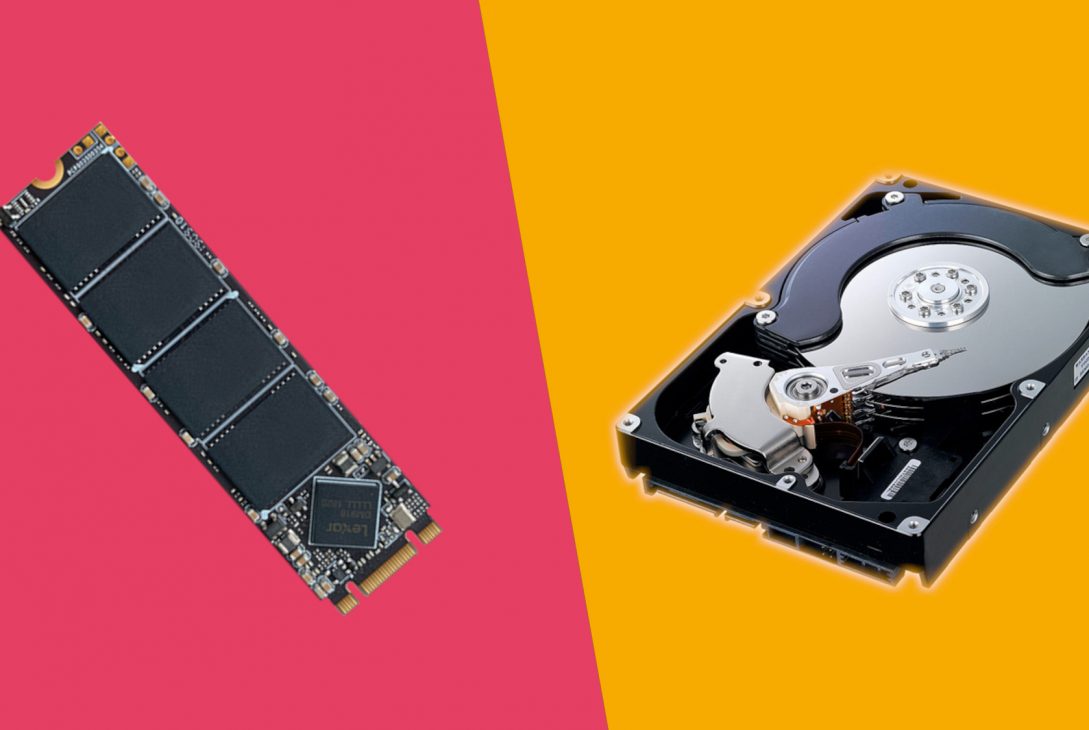In the world of computer storage, two technologies reign supreme: Hard Disk Drives (HDDs) and Solid State Drives (SSDs). Each has its strengths and weaknesses, catering to different needs and budgets. Let’s dive into a detailed comparison of these storage titans.
Speed :
HDD: Known for slower speeds due to mechanical parts.
SSD: Offers significantly faster read and write speeds, boosting overall system performance.
Cost :
HDD: Generally cheaper, making them budget-friendly for large storage needs.
SSD: More expensive per gigabyte, but prices have been dropping steadily.
Durability :
HDD:Less durable due to moving parts, more susceptible to physical damage.
SSD: More durable with no moving parts, better resistant to physical shock.
Energy Efficiency :
HDD: Consumes more power, which can impact battery life in laptops.
SSD: Uses less energy, contributing to better battery life and lower heat generation.
Capacity HDD:
HDD: Highest capacity at 20TB for consumer models.
SSD: a higher capacity of 30.72TB for SSDs.
Technology :
HDD:Uses magnetic platters and a read/write head to store and access data.
SSD: Employs flash memory chips for data storage, allowing for faster access.
Noise :
HDD:Can produce noise due to spinning platters and moving heads.
SSD: Silent operation with no moving parts.
Boot Times :
HDD:Slower boot times for operating systems and applications.
SSD: Significantly faster boot times, enhancing user experience.
File Fragmentation :
HDD:Susceptible to file fragmentation, which can slow performance over time.
SSD: Less affected by file fragmentation due to how data is stored and accessed.
Lifespan:
HDD: Can last many years with proper care, but moving parts eventually wear out.
SSD: While more durable, they have a finite number of write cycles. However, modern SSDs can last for many years under normal use.
Choosing Between HDD and SSD
The choice between HDD and SSD often comes down to individual needs:
- For budget-conscious users needing large storage capacity, HDDs remain a viable option.
- For users prioritizing speed and performance, SSDs are the clear winner.
- Many users opt for a hybrid approach: an SSD for the operating system and frequently used applications, paired with an HDD for bulk storage.
Future Outlook
As technology advances, we’re seeing SSDs gain ground in capacity and affordability. The gap in maximum capacity has already closed, with SSDs now offering higher capacities than HDDs. However, HDDs continue to evolve, maintaining their relevance in data centers and for users needing cost-effective bulk storage.
In conclusion, while SSDs are increasingly becoming the go-to choice for many users due to their superior speed and durability, HDDs still have a place in the market. The ideal storage solution often involves a careful consideration of one’s specific needs, balancing performance, capacity, and budget.















 and then
and then